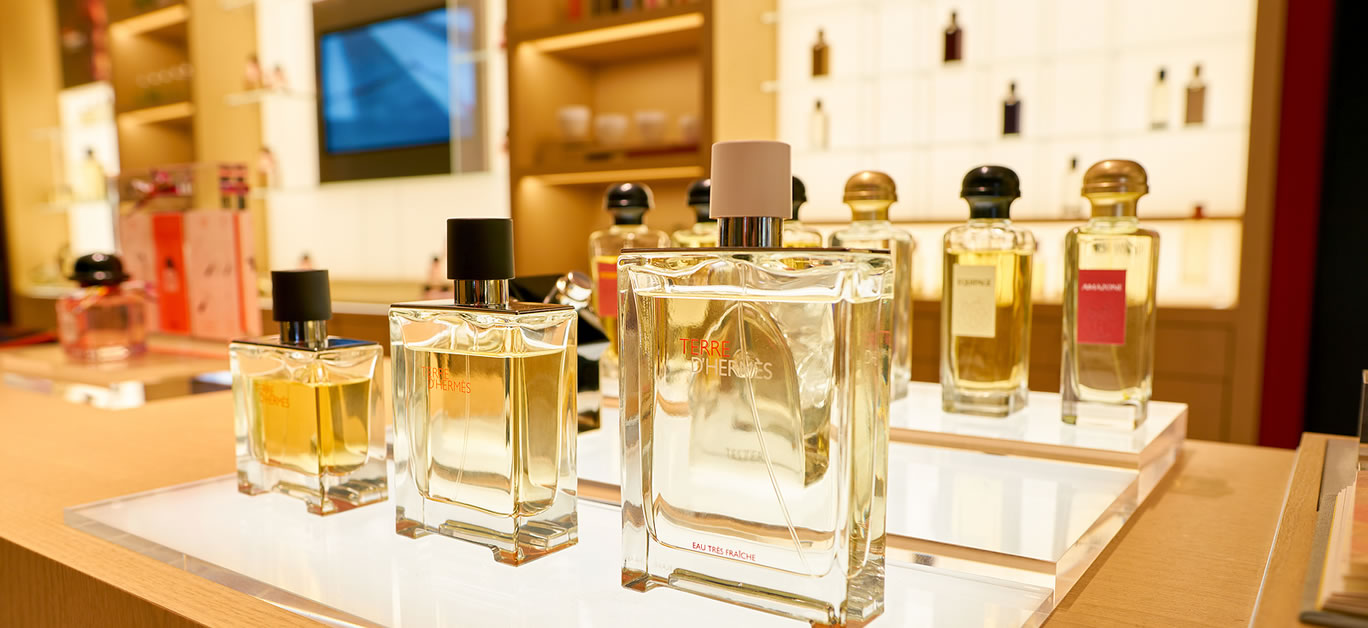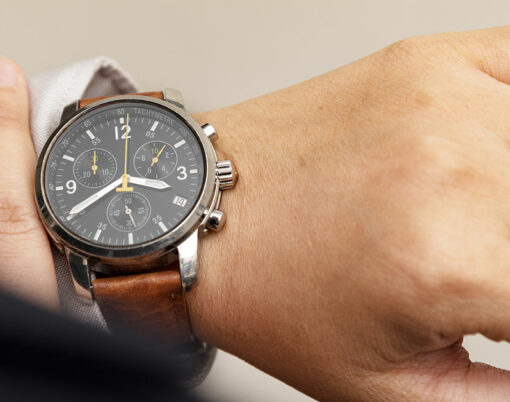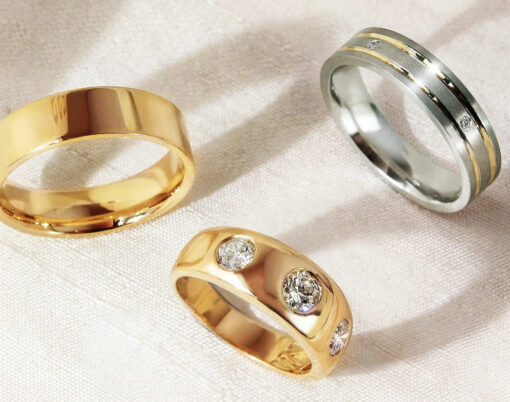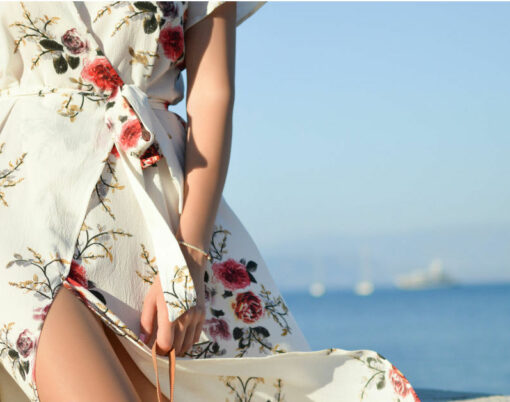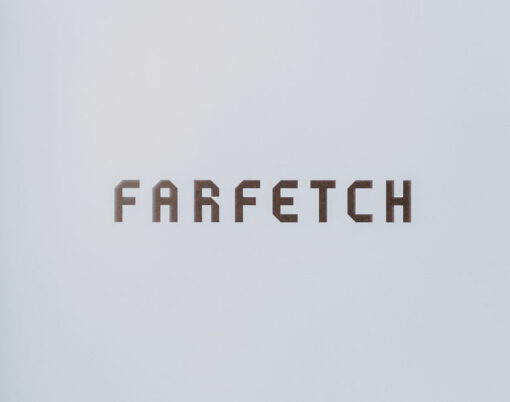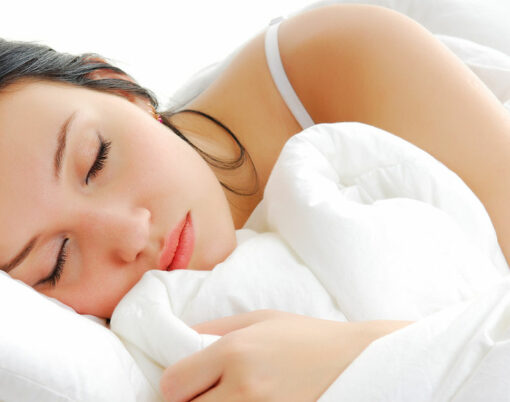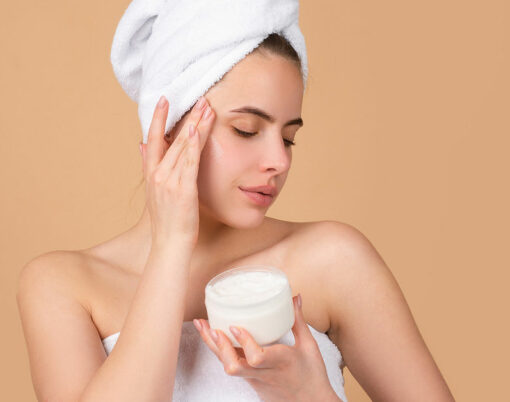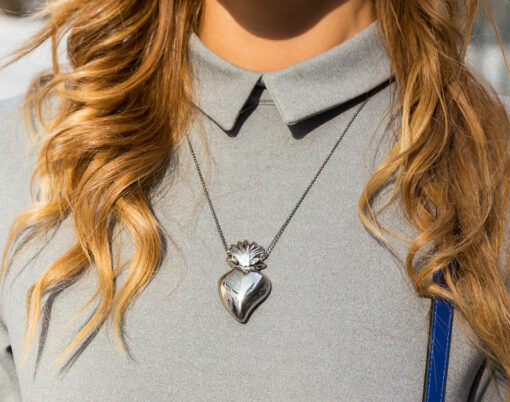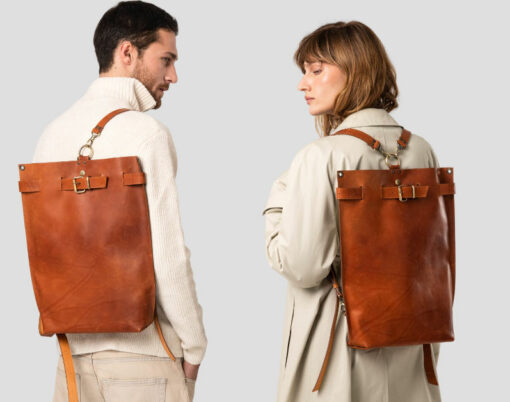The UK has officially entered a recession, with the economic downturn expected to last upwards of a year – and the cost of living is continuing to rise, with the prices of energy, food and other essentials soaring to all-time highs as inflation continues to climb. It’s not exactly a pleasing outlook, and in theory, is a time to cut back on non-essential spending as disposable income undergoes a squeeze – but despite this, it seems that we’re still splashing the cash in the lead-up to Christmas and spending just as much as we would normally.
This is particularly true when it comes to luxury buyers, who are continuing to treat themselves to extravagances regardless – but considering that this particular group of customers is less likely to be affected by the current economic situation, it’s perhaps unsurprising. The high-end fragrance industry, in particular, is enjoying a spike in sales, with market research company The NPD Group finding that even in the first half of the year, women’s perfume sales rose by an impressive 137 per cent, with men’s fragrances following a similar pattern with a 100 per cent increase year on year.
Now, as we scramble to do our Christmas shopping and seek out lavish yet fail-safe gifts for friends and family, high-end fragrances are the obvious choice – and we’re not just buying more luxury perfumes and aftershaves; we’re spending more on them, too.
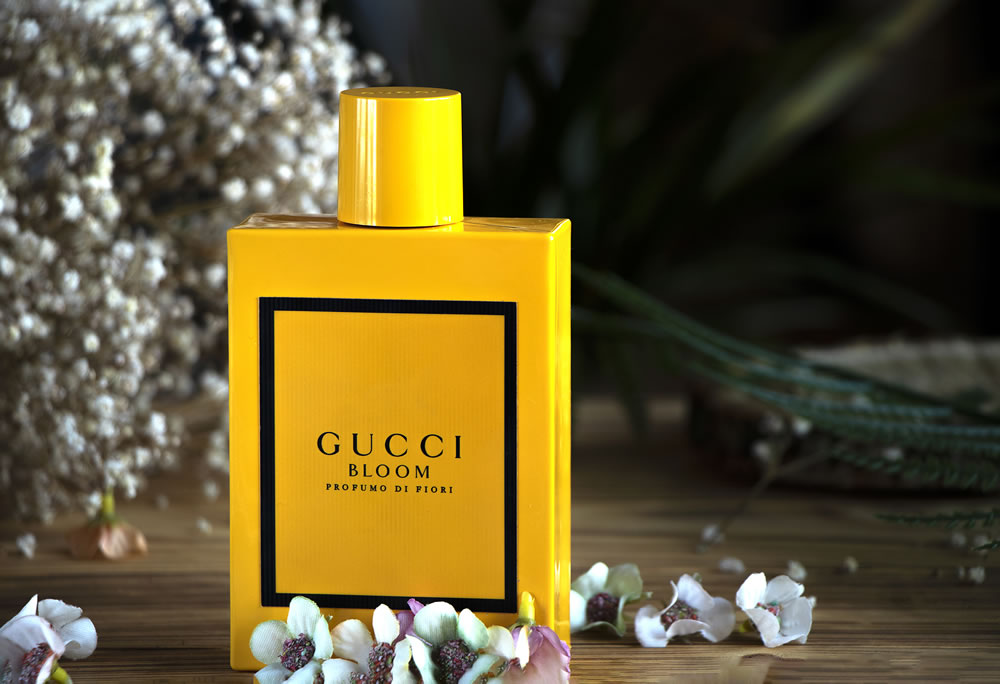
Given the timing, it’s not difficult to see why more of us are getting our purses out in the luxury fragrance department ahead of the festive season – but when you consider that the trend began as far back as January, the reasons for our year-long spurges aren’t quite as clear.
One reason, though, could be the fact that the beginning of 2022 marked the return of our social lives, and after two years spent mainly at home enduring ongoing lockdowns, our calendars filled up once again with parties, lunches, weddings and other get-togethers. For those who love getting glammed up, a quality fragrance is an essential part of the preparation process for a day or an evening out, so it stands to reason that usage would surge.
Then, there’s the fact that many of us began the year feeling in dire need of a good pamper after a tough period financially and emotionally. Salons and spas had been closed for months, and many of us had neglected ourselves and foregone our usual treats for months on end, and the figures show that our spending increased not just in fragrances, but on luxuries across the board once the final lockdown came to an end in the UK.
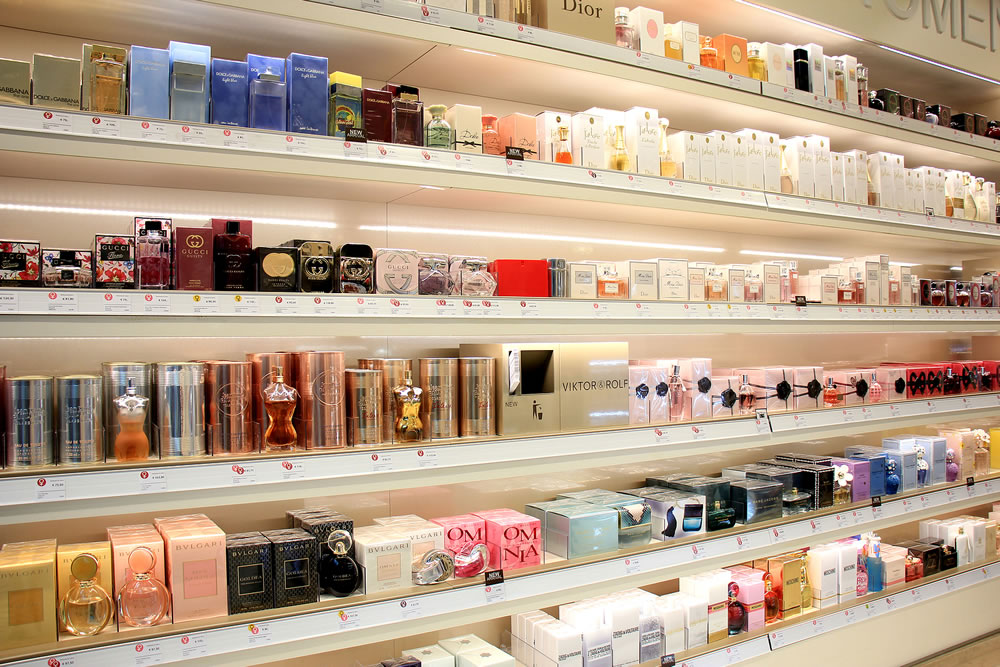
Even so, it’s clear that our appetite for opulent fragrances is at an all-time high, and the growing number of dupes available on the market today could in part be fuelling the trend. Once upon a time, purchasing a luxury fragrance was considered a large investment for a product you couldn’t be certain you’d love, but brands like CopyCat are facilitating a ‘try-before you buy’ culture that allows perfume fans to test them out before they splurge on the real thing.
Today, it’s possible to get dupes of many of the most popular luxury fragrances on the market; CopyCat’s Baccarat Rouge, for example, was inspired by the original Maison Francis Kurkdjian Paris offering, which at £214, doesn’t come cheap, so the chance to ‘test it out’ beforehand is understandably an attractive one for those who think carefully before making such a purchase.
It’s not just women who are turning to dupes to help them work out which fragrances are worth the spend, and men’s fragrance dupes are proving just as popular. And the amount of choice is growing, with aftershaves and perfumes inspired by many of the most popular brands now readily available.

From Tom Ford’s Black Orchid and Jean-Paul Gaultier’s Le Male, almost nothing is off limits, and currently, the Bleu de Chanel dupe is one of the most popular of all. And incidentally, the growth in sales of the real thing seems to be in line with the surge in both availability and popularity of their cheaper counterparts – which indicates that rather than taking away from the creators of the originals, they are actually giving them a helping hand in the long-run.
At luxury department store Liberty, fragrance sales have risen by 82 per cent year on year – and it isn’t the only one reporting such figures. But for many industry experts, this increase on spending on luxury goods when it’s least expected is, in fact, nothing new. During the pandemic, for example, it was widely reported that lipstick sales were on the rise – despite most people being confined to their homes – in just the latest example of the ‘lipstick effect’. The term, originally coined by Estee Lauder chairman Leonard Lauder, refers to the increase in luxury cosmetic sales during times of economic downturn, and is a phenomenon that has been much marvelled at over the years.
Whether the pattern will continue once Christmas is behind us remains to be seen, and as we move deeper into the recession and the cost of living continues to rise, we could begin to see the numbers drop off. But if history is anything to go by, it seems that nothing can stem our appetite for our favourite luxuries – and while the post-pandemic novelty might have worn off by then, we’re likely to continue treating ourselves to the things we love for as long as we can.












